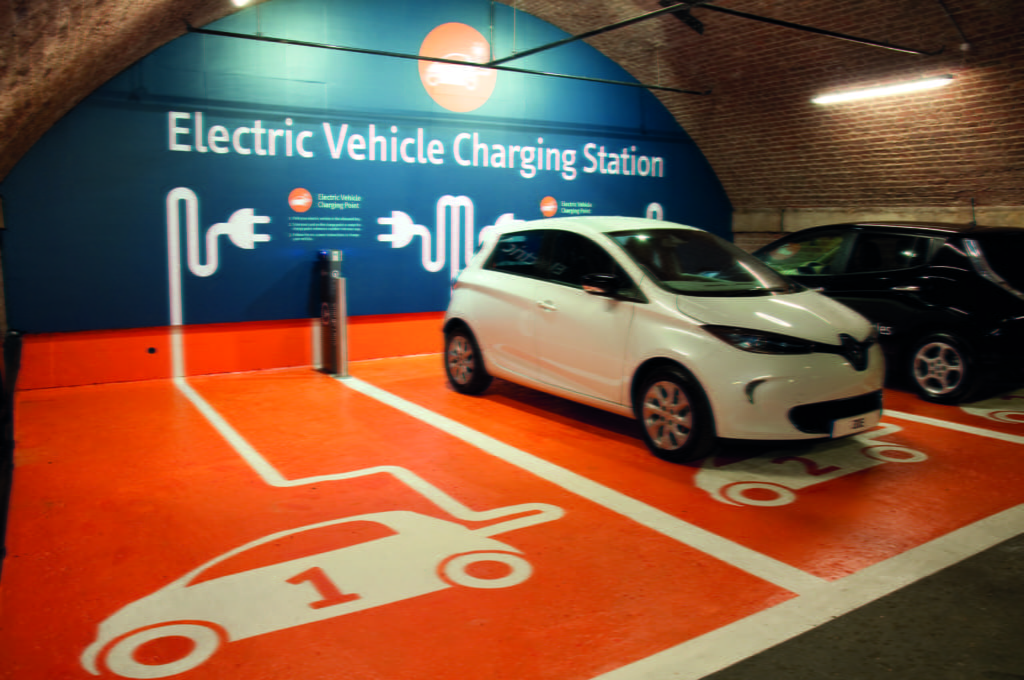POLIS signs Joint Letter on guaranteeing fair taxation for bidirectional charging
The decarbonisation of road transport, as a major objective of the EU Green Deal, will require a strong push for electromobility, both in terms of the growing number of EVs, but also the necessary charging infrastructure. To reduce the need for grid reinforcements, bidirectional charging, exemplified by V2X technology, can support using the existing grid in a better and more efficient way. Unlike unidirectional charging, it enables vehicles to exchange energy with the grid (V2G) or home (V2H) in both directions – therefore becoming “batteries-on-wheels”. But to fully achieve this, we need a fair taxation that does not hinder V2X adoption.
Consumer engagement in the energy transition is surging. From adopting electric vehicles to installing local energy generation and storage assets, citizens and public authorities are taking proactive steps to reduce their GHG emissions, while at the same time reducing their energy bills. These actions not only empower consumers but also expand opportunities to offer flexibility to the grid, ultimately alleviating tensions caused by accelerated electrification.
Public authorities will be the key enablers and accelerators of V2X, as there is an alignment between clean air and decarbonisation strategies - growing adoption of Zero Emission Zones, purchase of zero-emission vehicles, or supporting the deployment of electric vehicle recharging infrastructure. Therefore, V2X should be part of an integrated mobility and energy strategy at all territorial levels (national, regional, and local). As part of SCALE project, POLIS member Utrecht is deploying and testing a bi-directional ecosystem with around 650 bidirectional charging stations and about 250 smart-charging shared electric vehicles.
However, legislative hurdles like double taxation obstructs the uptake of such schemes. It disincentivises consumers (including local and regional authorities) and stifles prosumer models, burdening both sides with unnecessary administrative complexities. For this reason, POLIS joined seven other organisations in pushing for a fair V2X taxation to only apply to energy consumed, not exchanged. This will facilitate V2G services and ensure a seamless transition towards a more flexible and sustainable energy landscape, while supporting the balancing of our grids and integration of renewable energy.
You can read the full letter attached.
If you want to know more, please get in touch with Pedro Gomes (pgomes@polisnetwork.eu), Clean Vehicles & Air Quality Cluster lead.

